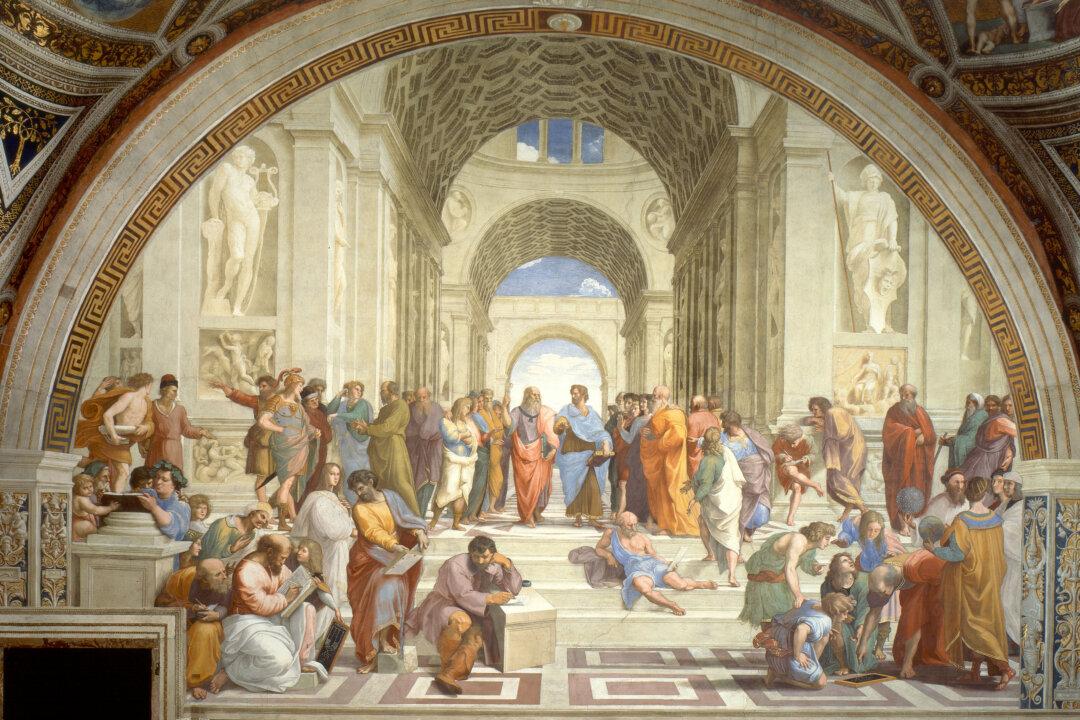Commentary
In the past several decades, it seems everyone has discovered a recipe for happiness, from various celebrities and new age gurus to the cannabis retailers one now sees on every street corner; from the moral relativists, to the New Atheists, to the Darwinian dogmatists for whom the world is the product of blind chance; from the self-righteous social-justice torchers of cities to the anatomical male rapists who “self-identify” as females in order to get sent to women’s prisons.





